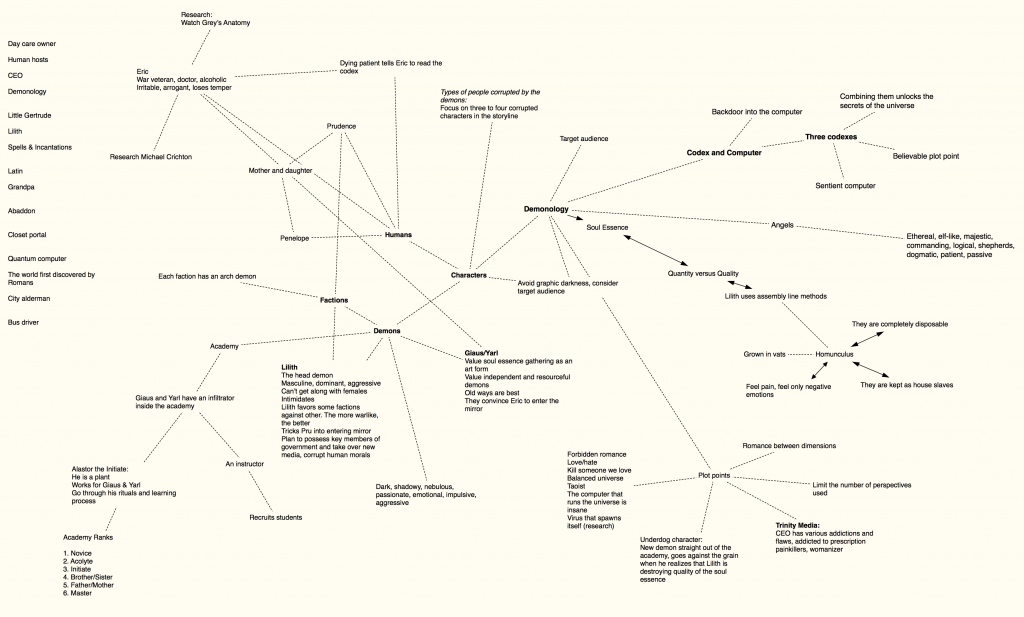I remember learning to ride a bicycle. Not the color of the thing. Not the size of the seat. Whether that first bicycle had a bell, or cards in the spokes of the wheels escapes me. What I remember most about my first weeks with a bicycle is the feeling I got when the training wheels came off.
I took my first hill in a terrifying, wobbly series of leg motions and then I was in the gravity well of that downwards curve going at breakneck speed. Back then I didn’t have the automatic routines that kept my speed carefully controlled. No brakes. The subroutines I have now that would auto position me in the softest landing spot possible should disaster have struck in the form of a blown tire or other mishap just weren’t there. I wasn’t wearing a helmet. For the first time ever, I was on my own.
I was heading out into the world without a safety net of any kind. And it was glorious.
There is a lot to be said for an experience like the one I had on that hill on that day. Without my training wheels for the first time. I felt exhilarated. Free. Out of control. More alive than ever before.
I could have fallen. I could have broken my head in half. I didn’t. I might have, and then it is possible you wouldn’t be reading this story.
The training wheels stay on too long nowadays. I don’t like all the things we’ve added to the mix. Orange safety vests. Helmets. Kneepads. Elbow protectors. I don’t need a spacesuit when I go fast. I want to feel my mortality without being terrified I’ll fall down and die. With the understanding of what it all means. I want the risk. I embrace it and own it.
The toughness and resilience I have now are byproducts of prevalent social mores in my youth. The balance between risk and safety during those years makes more sense to me than what I see happening now. Before I was a legal adult I’d seen many of the faces of mortality. Not the way kids see them on television now. As dramatic falsehoods.
We protect young minds from death and mortality. Try to insulate ourselves from real risk. Some of the mechanisms we put in place are good but others poison us. We desensitize ourselves and our children to the truth of being human. Overstimulate the parts of the brain that process loss, fear, risk. Then we medicate the ones who can’t cope with that overload. It turns into a downward spiral of self-doubt and weakness for some of us.
I can’t tell you when you should take off the training wheels and let the people you love most go down their first hill without any safety net. I can tell you that if you do, they’ll be stronger and wiser for it. If you overprotect the people you care about you are actually doing them a disservice.
You won’t always be there when they need you. That’s impossible. It’s dysfunctional to even try. Let them go fast on their own. Don’t always make them wear a helmet. They need to know what falling down feels like. One of the most important lessons I ever learned came from falling down as a teenager.
I had been successfully copying someone I saw in a movie. Cars would be going by slowly making a turn and I’d sneak up behind them on my skateboard and grab hold of the back bumper. I’d let them pull me along until they were going about 25 miles per hour and then let go. I thought I was pretty slick.
Until one day when I hitched a ride and waited too long. The car pulling me was going down a hill. I didn’t let go when I should have. By the time I did, the inevitable life lesson was unstoppable. I lost control of my skateboard and learned what eating asphalt feels like. Everyone needs a moment like that. Some of us need a few. Not all of us will survive them. That’s part of life.
The gravel that got embedded in my skin that day taught me a lesson as it worked it’s way out of my body over the next 20 years or so. Reminded me of limits every time I felt it. If I had been wearing a helmet and protective gear the experience would have been completely different. I wouldn’t have learned the same lesson.
The point is this: take off the training wheels and let go. You will fall down sooner or later. Going fast and falling down aren’t something we should be terrified to experience a few times. All of us need that context to be well rounded, thoughtful, considerate human beings. You only have so much time to live. Be brave and let your people and yourself learn that our world can hurt us sometimes.
Don’t set the limits so cautiously that the you or the people you love end up unable to cope with falling down. Because it will happen no matter how hard you try to avoid it. You might as well have some experience under your belt by the time you start pretending you’re an adult. Take off the training wheels when it’s time. Zoom down the hill. Gravity will slow you down on the upslope.
